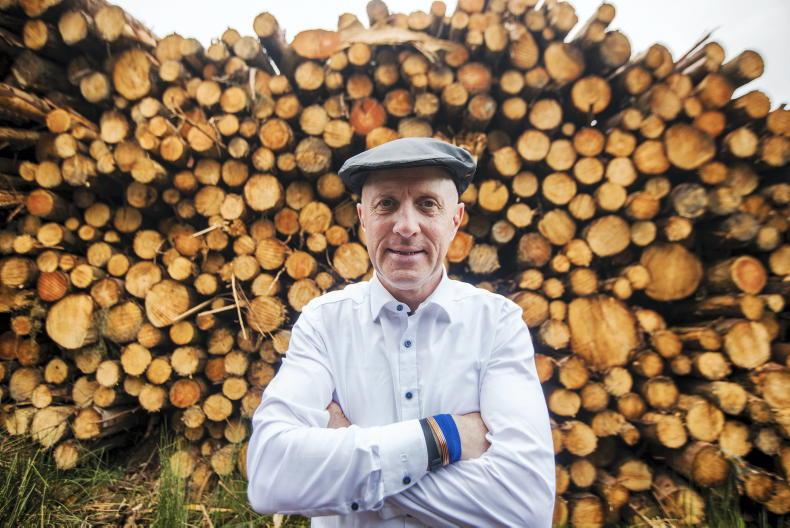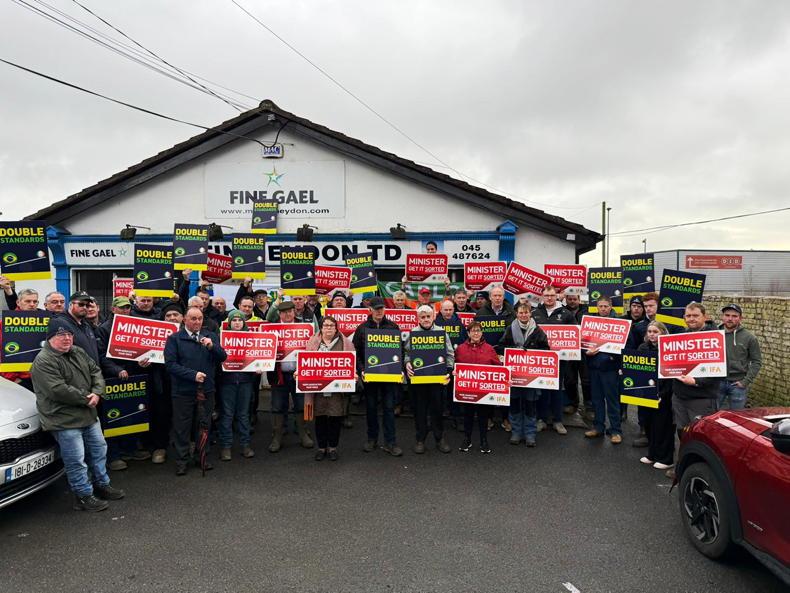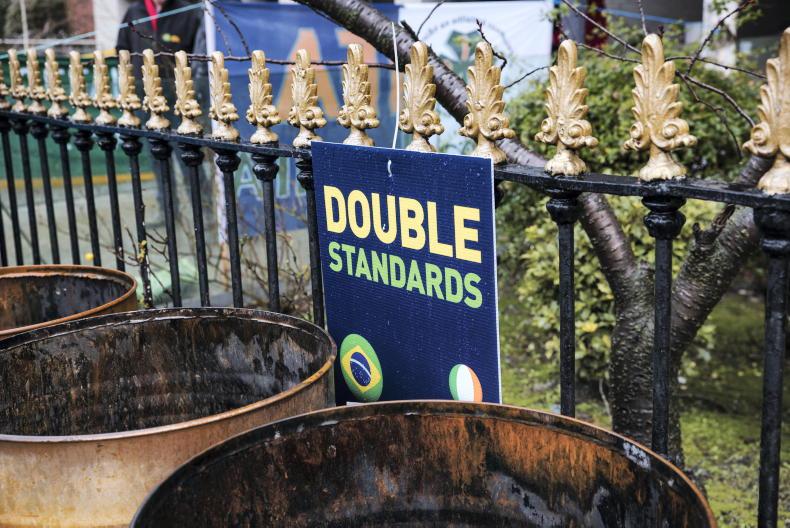The increased premiums available under the current forestry programme “come at a cost” and should not be the only factor influencing a decision to plant farmland, the IFA has claimed.
The farm body reiterated its misgivings regarding the programme and called on the Government to “de-risk” forestry, by providing farmers with assurances on issues such as disease outbreaks, like that of ash dieback.
The IFA’s concerns come as Teagasc reports “very high levels of engagement with farmers and landowners” at recent information clinics on the forestry programme.
Additional clinics have been scheduled to meet the level of public demand, a Teagasc spokesperson claimed.
Meanwhile, Forestry Industries Ireland (FII) has predicted that farmers who planted lands in the 1980s and early 1990s are in line to share in a €2bn windfall, as these forests are harvested over the coming decade.
Despite these public endorsements of the forestry sector, however, IFA forestry chair Jason Fleming said the association has serious concerns regarding the current planting programme and the manner in which it is marketed.
“The current forestry promotion campaign is very much focused on the increases in premium payments, but that does not tell the full story,” Fleming pointed out.
“The increased premiums come at a cost and that is a reduction in timber productive area, increased regulatory burden that can increase the cost of establishment, which is not covered by the establishment grant,” he maintained.
The IFA representative added that the replanting obligation, as well as the time and costs involved in securing planting, felling or road building licences – and the onerous conditions attached to the issuing of these licences – all combined to “significantly reduce the attractiveness of the [forestry] scheme” for farmers.
“Moreover, all these costs erode the economic returns from the investment, particularly on small farm forests,” Fleming maintained.
He said the Government needs to de-risk the decision to plant, and provide assurances that if a farmer decides to plant, that their investment will be protected.









SHARING OPTIONS